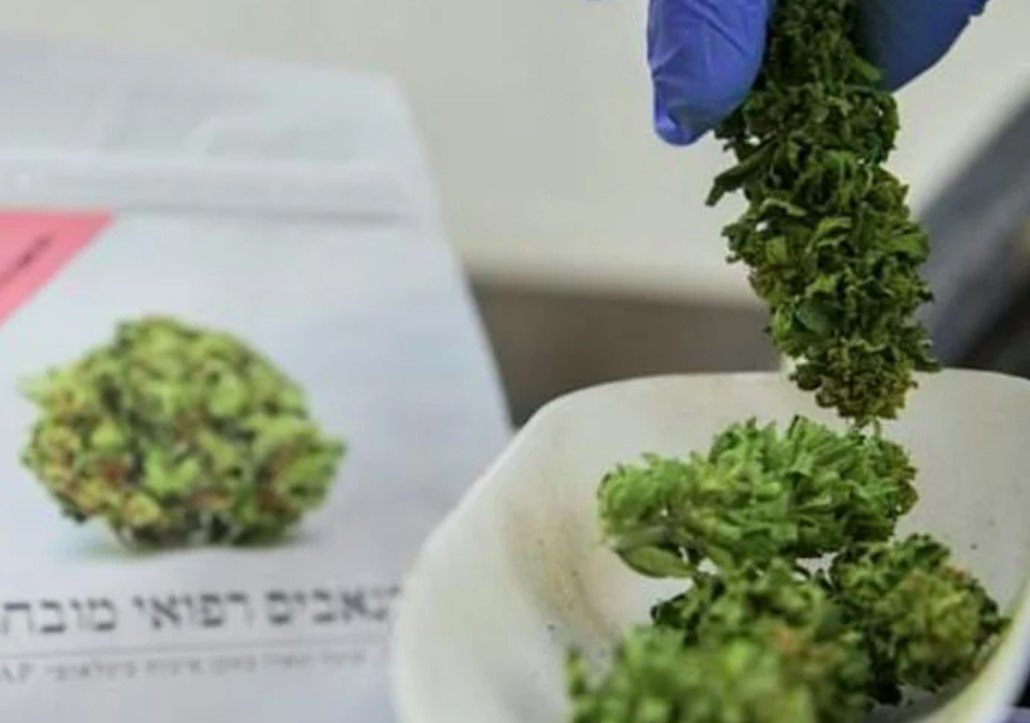The Israeli Ministry of Economy has proposed imposing an anti-dumping duty of up to 175% on cannabis imports from Canada, a move intended to shield local producers from what officials describe as “market-breaking” prices. However, the recommendation has ignited fierce opposition from the Ministry of Health and the Competition Authority, who warn of its potential negative impacts on patients and market competition.
Protecting Local Producers or Restricting Access?
Danny Tal, Director of Import Administration and Commissioner of Anti-dumping Measures, is spearheading the proposal. Tal argues that Canadian cannabis is being imported at prices significantly below production costs in its home market, undercutting Israeli growers and manufacturers. The suggested duty is seen as a way to bolster the domestic cannabis industry, which has struggled to compete with cheaper imports.
“This measure aims to create fair market conditions for local producers, who are facing unfair competition from imported cannabis priced below cost,” Tal said in a statement.

Ministry of Health: A Threat to Patients
The Ministry of Health has strongly opposed the proposed levy, warning that it could significantly increase the cost of medical cannabis for Israeli patients. In a statement, they cautioned that higher prices would disproportionately harm vulnerable populations who depend on cannabis for chronic pain management, neurological disorders, and other medical conditions.
“Imposing such a high levy risks making medical cannabis unaffordable for many patients, compromising accessibility and quality of care,” the ministry said.
Competition Authority Raises Concerns
The Competition Authority is also expected to oppose the measure, arguing that it could stifle competition in Israel’s cannabis market. By effectively raising barriers to imports, the levy could limit consumer choice and create monopolistic conditions, the Authority suggests. An economic opinion from the Competition Authority, expected to be submitted to the Ministry of Economy, will outline these concerns in detail.
Divergent Priorities Among Government Agencies
This clash highlights a deeper conflict between different government priorities. The Ministry of Economy is focused on protecting local industries and preserving jobs, while the Ministry of Health prioritizes patient welfare and the Competition Authority emphasizes maintaining a competitive market.
The outcome of this debate could have far-reaching implications for Israel’s cannabis market, particularly as the country positions itself as a global leader in medical cannabis research and production.
Broader Implications for the Global Cannabis Market
The proposed levy also underscores the growing tension between national policies and global trade dynamics in the cannabis industry. Canadian cannabis companies, which have benefited from economies of scale and early market liberalization, have become dominant exporters, often outpricing local producers in other countries.
However, protectionist measures like anti-dumping duties could reshape these dynamics, potentially limiting international trade and encouraging domestic self-reliance in cannabis production.
What’s Next?
The Ministry of Economy’s proposal is still under review and faces significant pushback from other government bodies. Stakeholders in the cannabis industry, patient advocacy groups, and economic analysts will likely weigh in as the debate unfolds.
- Will the anti-dumping duty move forward despite opposition?
- How will this affect the price and accessibility of medical cannabis in Israel?
- Could this set a precedent for other countries grappling with similar trade and industry challenges?
As the discussions continue, the balance between protecting local industries and ensuring affordable, high-quality cannabis for patients will be central to the resolution.
David Johnson is a respected writer known for his expertise in crafting compelling articles about cannabis. With a passion for exploring the intersection of cannabis, health, and wellness, he sheds light on the therapeutic properties and potential uses of this versatile plant. David’s in-depth analysis and thought-provoking commentary offer readers a deeper understanding of the evolving landscape of cannabis legislation, consumption methods, and industry trends.








